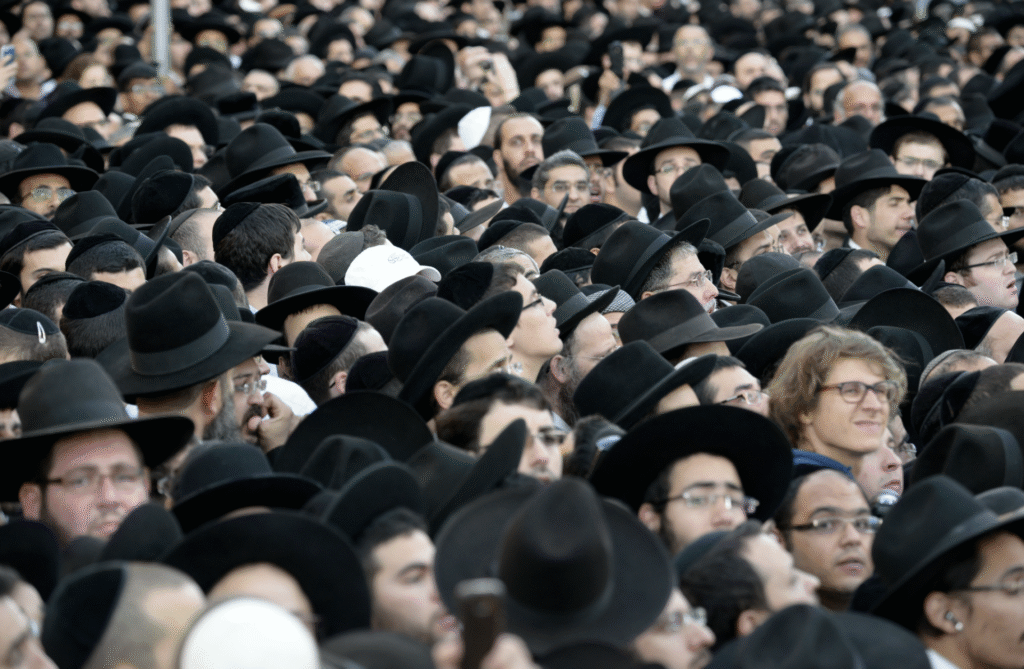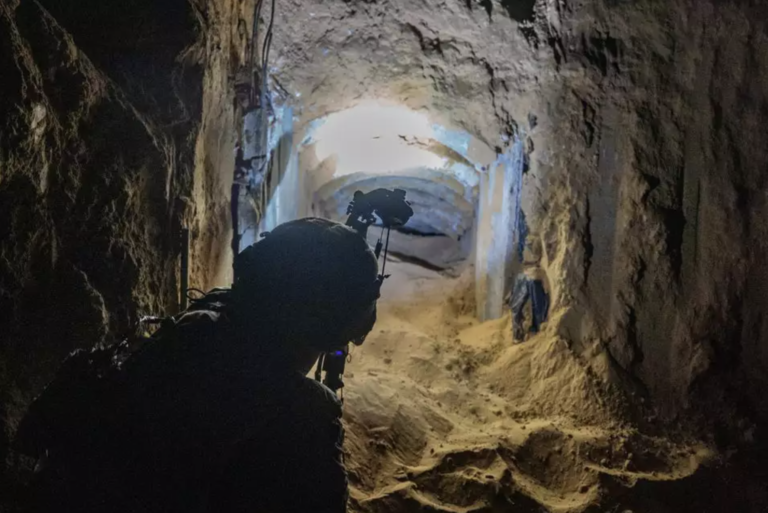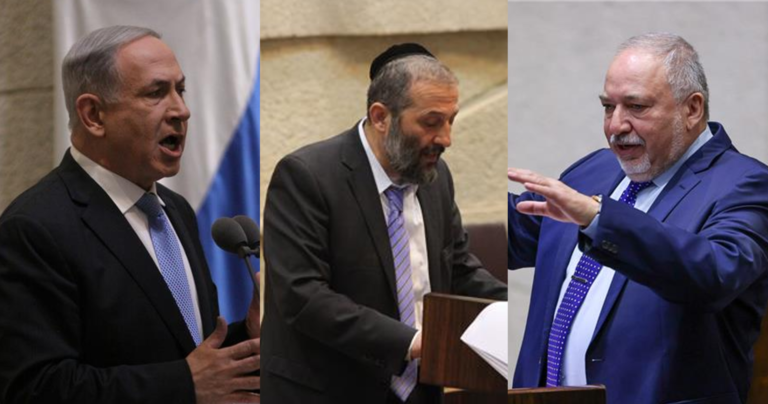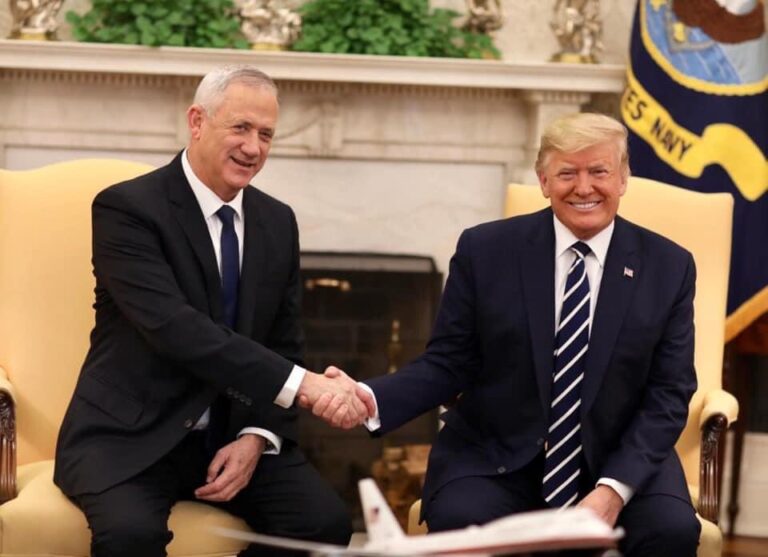There’s nothing like wandering around the Knesset on the opening day of the winter or summer legislative period to get a real picture of the situation — without filters or spin. The coalition’s updated assessment after Rosh Hashanah is that the budget will pass, the ultra-Orthodox draft law won’t, and the Knesset’s schedule will be packed. This hasn’t changed even after the Judea and Samaria sovereignty rebellion on Wednesday, which is attributed more to ministers Bezalel Smotrich and Itamar Ben Gvir’s frustration over the end of the war than to election calculations.
Benjamin Netanyahu still wants to delay elections as much as possible. The date currently being discussed is September 8, 2026, just days before Rosh Hashanah. The second option is June 30, the last day of the school year. But to do that, a budget needs to pass, work on which has begun in recent days. And this will only happen if the ultra-Orthodox parties support it.
Indeed, the Haredim have a supreme interest in doing so. The bleak assumption within the United Torah Judaism party is that at least one term in opposition lies ahead of them. It is preferable for them to operate until 2027 with a new budget, which will presumably include various compensations for cuts to their budgets made the Supreme Court and attorney general. The alternative is to wait for a budget under Avigdor Liberman, Yair Lapid, or Naftali Bennett, none of whom will be particularly friendly to the Haredi parties.
The same logic holds for the ultra-Orthodox ministers, particularly from Shas. If elections that could end poorly for them are looming, they have every reason to stay in — or return to — the government as long as possible to protect their voters’ interests.
But how do you do all this without a draft law? Most Haredi MKs believe there’s no chance of passing it in an election year. The main obstacle is the legal advisor to the Foreign Affairs and Defense Committee, who still doubts whether it could be defended in the Supreme Court. The ultra-Orthodox, however, are convinced that the Knesset’s legal advisors will actually defend it, and here arises the discussion: whether to pursue it all the way or to avoid passing a law that will likely be struck down, leaving only the symbolic achievement of easing the rabbis’ principled opposition to drafting Haredi soldiers.
Therefore, this might open the door to a deal of passing the budget instead of the draft law. Netanyahu will get an opportunity to benefit the public in an election year, since a tax reduction is on the table. The coalition won’t dirty itself with an obviously unpopular law before Israelis go to the ballot box, and the months leading up to elections will allow for diplomatic achievements, like normalization with Indonesia, Saudi Arabia, and Syria. The ultra-Orthodox won’t get the draft law, but at least they’ll secure funding.
The above is an excerpt from my Shabbat column in Israel Hayom.









